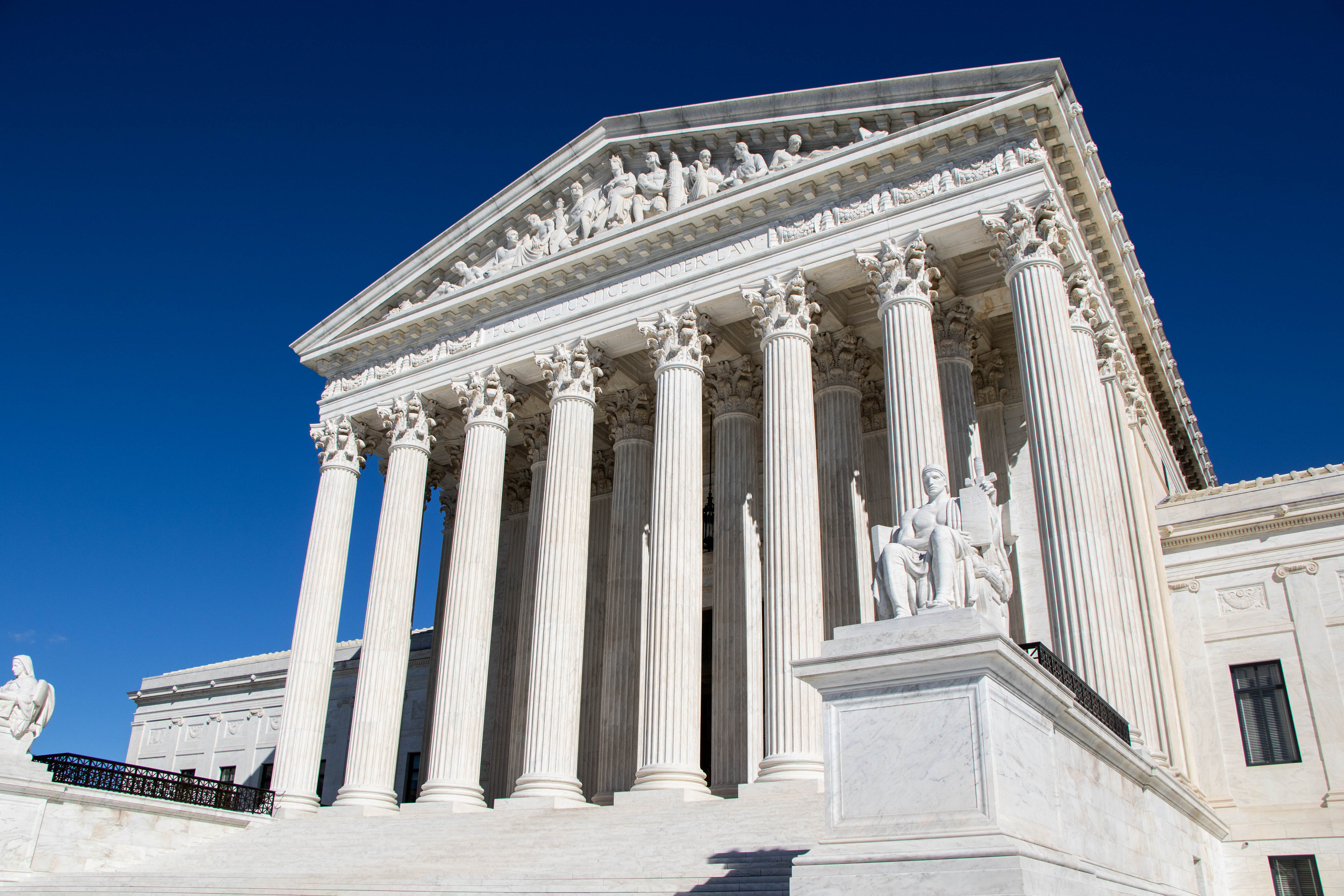Last week, the University of Maryland signed onto a brief defending the Deferred Action for Childhood Arrivals program in a Supreme Court case — a move Latinx campus leaders applauded, but said wasn’t enough.
The argument took the form of an amicus curiae brief, a report submitted to provide expertise or insight by a party that’s not involved in a case. It was coordinated by the President’s Alliance on Higher Education and Immigration, a group of university leaders from across the country that formed in November 2017.
Roughly 700,000 DACA recipients study and work in the United States, and are protected from deportation by the program. This university was one 165 schools that signed the brief.
“Once at college or university, DACA recipients are among the most engaged students both academically and otherwise,” the brief reads. “It defies rationality to prevent the government from utilizing its discretion to protect this set of young people from removal.”
[Read more: UMD Latinx students are pushing for a cultural center on campus]
DACA, which was established by executive memorandum under former President Barack Obama, allows undocumented immigrants who arrived to the U.S. under the age of 16 reprieve from the fear of deportation. Federal courts blocked President Donald Trump’s attempts to end the program, and renewal applications — which must be filed every two years — are still accepted. The Supreme Court will hear oral arguments for the case on Nov. 12.
“DACA recipients help build and nourish Maryland’s robust community,” university spokesperson Hafsa Siddiqi wrote in a press release. “The university will continue to identify avenues for offering support to our DACA students and advocate for a restoration of their legal protections.”
It is important for the undocumented community to see this university show support for them at a federal level, said Candela Cerpa, vice president of this university’s Political Latinxs United for Movement and Action in Society.
“It’s amazing that the university signed onto it — I really didn’t expect them to do it,” she said. “I think that this school is taking a stand at the federal level to say: ‘We respect the students, we support this community, we want them to stay.’”
But she and Latinx Student Union Vice President Jesus Herrera both said they wonder why the university won’t instead invest in resources many members of their community have asked for, such as making the undocumented student coordinator position permanent.
“Sometimes you have to do more than just put out statements,” Herrera said. “You have to take action.”
[Read more: College Park residents walk out of debate after homophobic remarks from mayoral hopeful]
The university created an undocumented student coordinator position role, which is meant to provide assistance such as financial guidance and emotional support to the undocumented student population, in fall 2017.
Originally intended to expire at the end of last year, the university extended to the position until June 2020. The job is currently held by Laura Bohorquez Garcia.
In March, student affairs assistant vice president Warren Kelley told The Diamondback that the university chose not to make the position permanent because they had yet to find permanent funding. And last month, Stamp Student Union director Marsha Guenzler-Stevens said she expected a decision to be reached “within the next few months.”
While Cerpa said the university provided students with a vital resource by creating the position, she added the unpredictability of its future adds stress to students in an already dire situation, Cerpa says.
“They are saying to the entire country, yes, we believe this is important, we want them to have these protections on these programs,” Cerpa said. “But then they don’t do what we’re asking them to do on the local level, where they have the most power.”
Herrera echoed Cerpa’s concerns. He’d like to know why the university wasn’t also cooperative with students on other issues they’ve advocated for, he said, such as declaring this university a sanctuary campus and ending contracts with the federal Immigration and Customs Enforcement agency — the body that’s tasked with deporting undocumented immigrants and detaining families at the southern border.
The university’s contract with ICE is for “cultural competency and counterterrorism,” a university spokesperson said in 2018, and is separate from the part of the agency that handles deportations.
Herrera said it feels like the university’s stance toward supporting undocumented students is surface level, rather than rooted in actual change.
“If the university wants to actually support the community, it should start with on campus,” he said.



